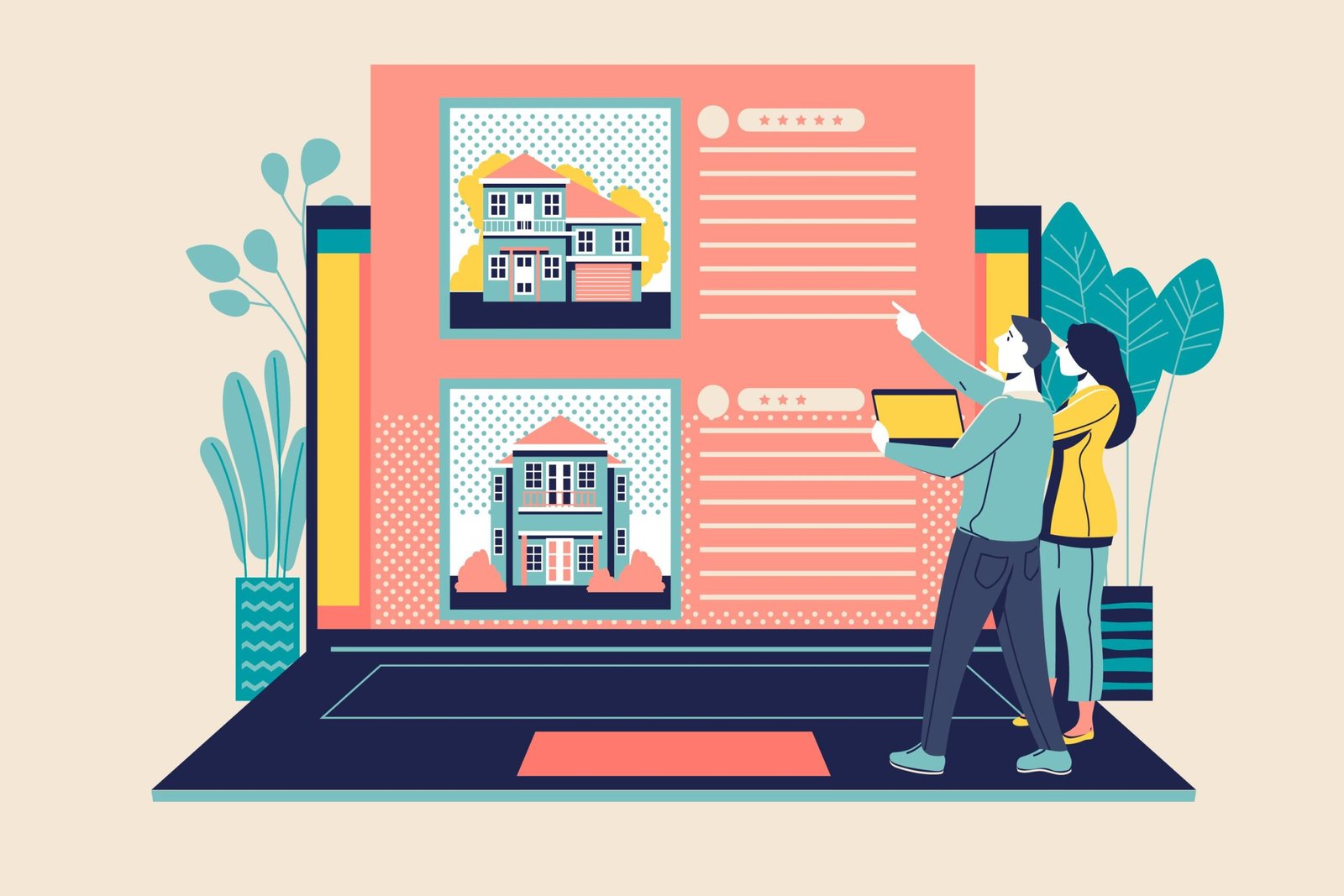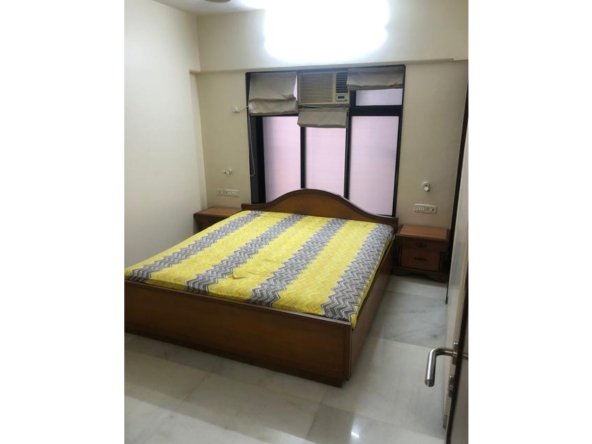The decision to rent or own a house depends on your individual circumstances, financial situation, and personal preferences. Both renting and owning have their advantages and disadvantages, so it’s essential to consider your specific needs and goals when making this decision. Here’s a comparison of the two options to help you make an informed choice:
Renting a House:
Pros:
Flexibility: Renting offers more flexibility. You can move relatively easily when your lease expires, making it suitable for those who may need to relocate frequently.
Lower Initial Costs: Renting typically requires a smaller upfront investment than buying a house. You won’t need a substantial down payment, and you won’t be responsible for property maintenance and repairs.
Predictable Expenses: Renters often have fixed monthly rent payments, making it easier to budget for housing costs.
Fewer Financial Risks: Renters are not exposed to the potential risks of property value fluctuations or unexpected repair expenses.
Cons:
No Equity: Renting does not build equity. The money you spend on rent does not contribute to ownership of the property.
Limited Control: Renters have limited control over the property. You may need to seek approval for certain changes or renovations.
Rent Increases: Landlords can increase rent prices at the end of lease terms, potentially making it less affordable over time.
No Tax Benefits: Renters do not enjoy tax benefits like mortgage interest deductions that homeowners receive.
Owning a House:
Pros:
Build Equity: When you own a house, you build equity over time as you pay down your mortgage. This can be a valuable long-term investment.
Stability and Control: Homeowners have control over their property and can make modifications or renovations without seeking permission.
Potential for Appreciation: Real estate historically tends to appreciate over time, potentially increasing the value of your investment.
Tax Benefits: Homeowners may be eligible for tax deductions on mortgage interest, property taxes, and certain home-related expenses.
Cons:
Higher Initial Costs:
Buying a house typically requires a significant down payment, closing costs, and ongoing expenses such as property taxes, insurance, and maintenance.
Less Flexibility: Owning a home can limit your flexibility to move, especially if you have to sell the property to relocate.
Maintenance and Repairs: As a homeowner, you are responsible for maintenance and repairs, which can be costly and time-consuming.
Market Risk: Property values can fluctuate, and homeowners may experience financial losses if the market declines.
Ultimately, the decision between renting and owning depends on your financial stability, long-term goals, lifestyle, and personal preferences. It’s essential to assess your current situation, consider your future plans, and carefully evaluate the costs and benefits of each option. Many people find that a combination of renting and owning throughout their lives best suits their changing needs and circumstances. Consulting with a financial advisor or real estate professional can also help you make an informed decision based on your specific situation.




